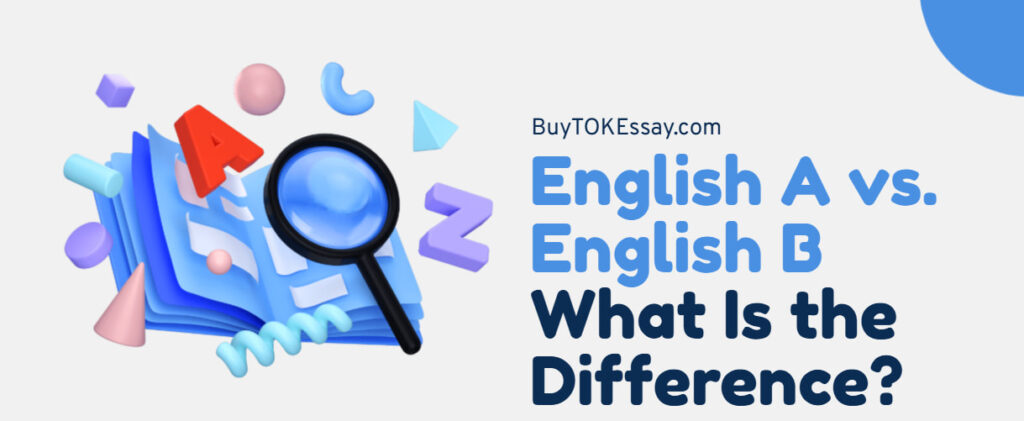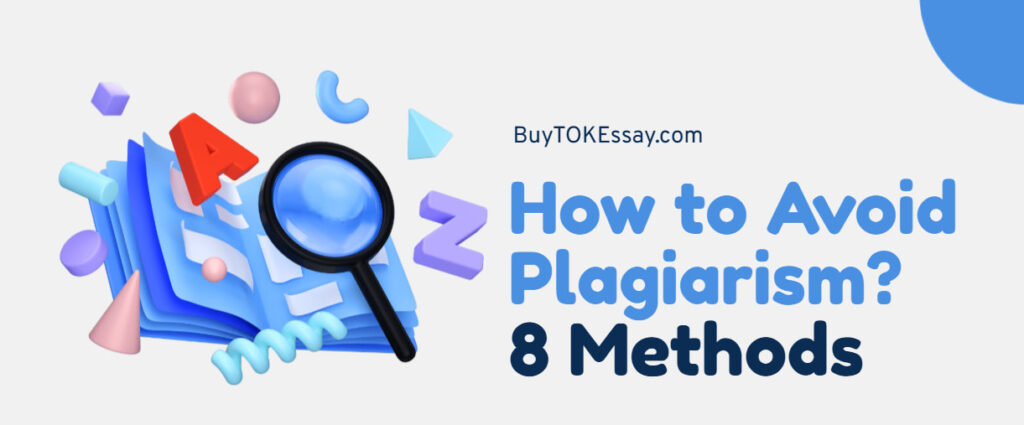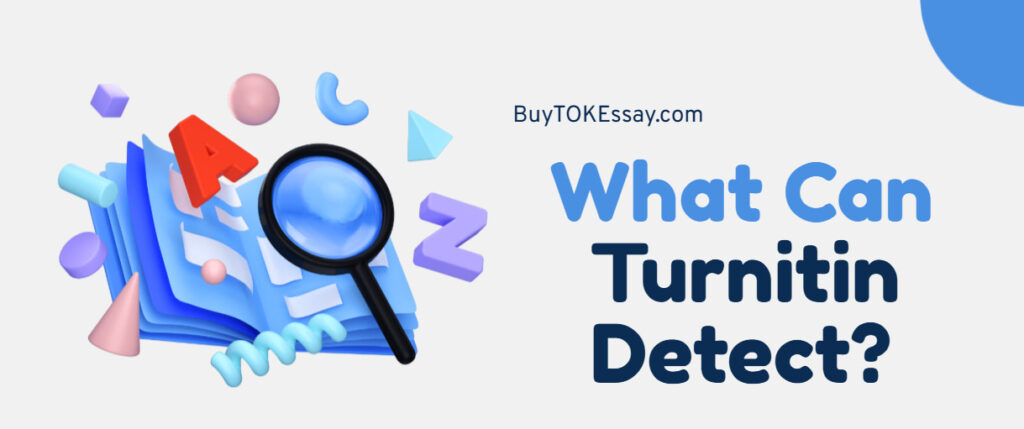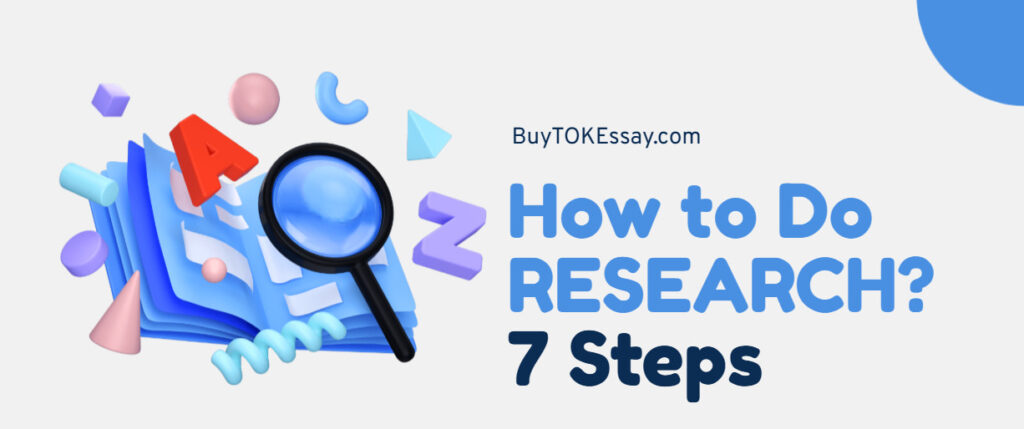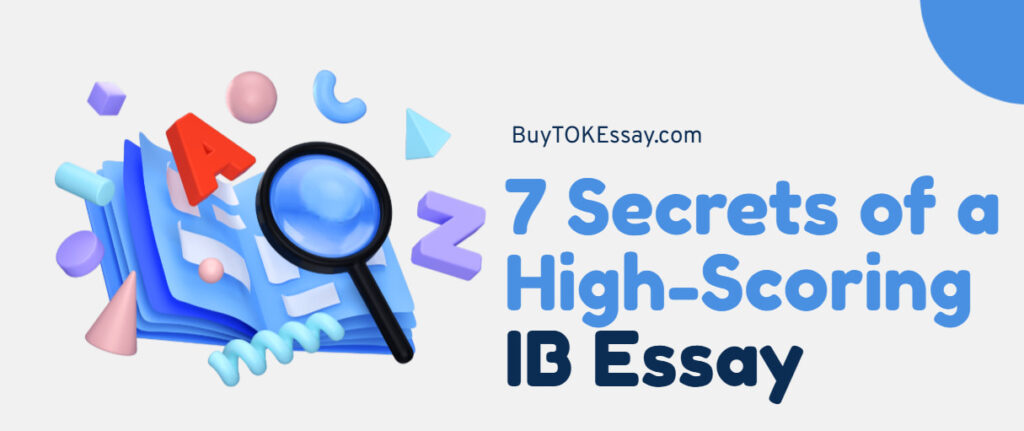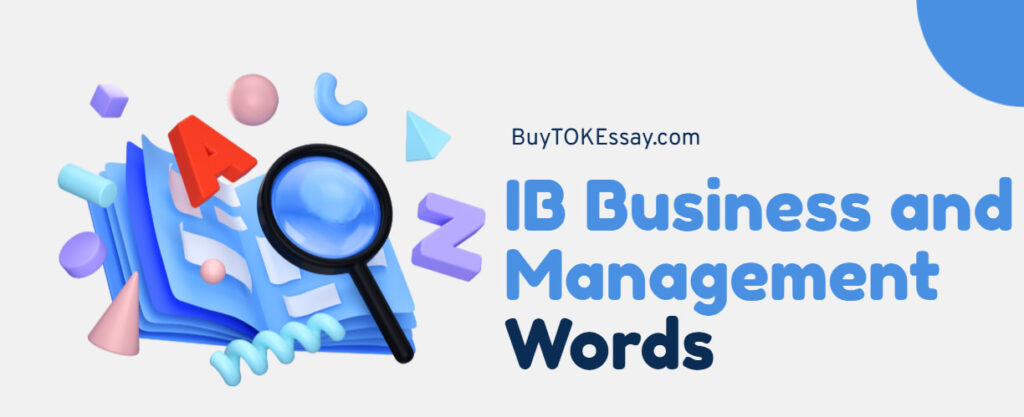Starting with a well-thought-out question can quickly get the reader’s attention and help them remember your essay.
I know, though, that not every question is good for an essay’s introduction. It’s for that reason that I’m writing this article: to help students like you understand how to ask a question in an essay and how to do it well.
Pros & Cons of Starting an Essay With a Question
As an experienced essay writer, I can say that starting an essay with a question can work really well, or it can go badly. It’s up to you how you use it. Here are some of the main pros and cons you should think about before making a choice.
| 👍 Pros | 👎 Cons |
|---|---|
| Grabs attention fast – A strong question makes your reader stop and think right away. | Too vague = boring – Openings like “Have you ever wondered…?” usually fall flat. |
| Gets the reader thinking – The right question sets the stage for your thesis. | Not always teacher-approved – Some professors prefer a straightforward intro. |
| Feels more relatable – A personal question can connect to the reader’s own experience. | Can throw off your thesis – If the question doesn’t flow into your argument, it just confuses people. |
| Works in different essay types – Especially good for persuasive, reflective, or narrative essays. | Overused trick – Everyone tries it, so a weak question might make your essay sound unoriginal. |
Even though I like to ask questions, there are some situations in which it’s better not to. When it comes to formal academic writing, for example, some teachers think that questions sound too casual. In that case, it might be better to start with a clear thesis.
Also, there’s a risk of a weak opening. I know this because I’ve read many student papers that started with the cliche, “Have you ever wondered…?” These kinds of questions are often overused and typically don’t provide anything useful. Instead, concentrate on a sharp and relevant question that puts your topic in the right context.
Lastly, keep in mind that there are differences in academic standards. In some schools or colleges, teachers expressly prohibit starting an essay with questions. Others see it as appropriate and innovative.
For this reason, before making a decision, I always advise reviewing the assignment criteria.
Can You Start Your Essay With a Question?
Yes, but only if this question is clear, important, and leads easily to your argument. It’s like shaking hands with your reader for the first time. It sets the tone, shows confidence, and makes them want to know what happens next.
A question can make your essay more interesting and memorable if you use it correctly.
Say you’re writing about social media. A question like, “What would life be like if Instagram disappeared tomorrow?” grabs the reader’s attention right away and sets the tone for the conversation. But asking something too general, like “Do you use social media?” doesn’t really add anything and can even make your introduction weaker.
In argumentative essays, I have also seen strong starts when students pose the question, “Should healthcare be considered a basic human right?” or “How would history have changed if women had been granted the right to vote centuries earlier?” These questions draw the reader in and make the essay’s argument clear.
But here’s the catch: if you don’t use a question well, it can feel like filler instead of a hook. If, after reading your introduction, your professor still doesn’t know where you’re going with it, the question didn’t do its job. That’s why I always tell my students to use this method like a salt: just the right amount to make the food taste better, but not so much that it takes over.
In short, it’s best to start with a question when it’s:
- Specific, not vague.
- Linked straight to your thesis.
- Thought-provoking enough to make the reader want to continue.
If you can say yes to all three, then you should definitely think about starting your essay with a question.

Need Help with Your Essay?
Whether starting from scratch or fine-tuning your existing assignment to meet your supervisor’s demands, the BuyTOKEssay.com team is here to make your dream of a perfect paper a reality. Just order an essay from our experts and say goodbye to writer’s block!
How to Introduce a Question in an Essay?
It can feel strange just to drop a random question at the start. This should not be the way you start your paper; it should make sense, move into your topic, and stay academic.
You should instead present it in a logical sense, lead into your argument, and maintain an academic tone.
#1. Start With Context
When you give background first, your question feels more natural.
❌ “What is social media?”
✅ “Billions of people log onto social media every day, shaping opinions and influencing culture. But what impact does it really have on critical thinking?”
#2. Lead Into Your Thesis
A strong question should lead directly into your main point.
❌ “Do you like reading books?”
✅ “Should classic literature remain a central part of school curricula? I argue that while modern texts deserve space, the study of classics continues to provide cultural depth and critical thinking skills that newer works alone cannot offer.”
#3. Frame It Academically
The tone of the question matters, so keep it professional and clear.
❌ “Isn’t climate change bad for us?”
✅ “What long-term economic and social consequences will climate change have for developing nations disproportionately affected by rising sea levels?”
BTW, if you’re an IB student, you probably already know that writing an introduction, particularly a Theory of Knowledge essay, may be hard. That’s when a professional Buy TOK Essay Service comes in handy. We can save you time and help you start your essay on the best possible note. 😉
When to Ask Questions in an Essay?
The introduction is the best spot to ask a question. It’s a hook that prompts your reader to consider your thesis before you present it.
“Should the voting age be lowered to sixteen?” for example, immediately starts the discussion and puts up your argument.
But, as I already said, questions can work after the introduction too. In fact, I tell my students to use them all the time to draw attention to important points or show how complicated something is.
It makes sense to ask a question in the following situations:
- Introduction – to grab attention and frame your topic.
- Transition between sections – to signal a shift in focus or introduce a new perspective.
- Body paragraph – to highlight tension or present a counterargument.
- Conclusion – to leave the reader reflecting on the broader implications.
From my perspective, the conclusion is one of the most underrated places to use a question. Ending with something like, “If we fail to act now, what will future generations inherit?” leaves the reader with a thought-provoking challenge.

How to Ask Questions in Different Essays?
From my experience, not all essays treat questions the same way. They support your argument in certain tasks, but they may not be appropriate in others. That’s why you must know how to use questions in different types of essays.
For example, rhetorical questions work well in persuasive or argumentative writing because they prompt the reader to think critically about their own beliefs. In comparison, questions in research-heavy essays should sound more formal and analytical.
On the other hand, the question in a reflective essay can be more personal to prompt the reader to think about their own experiences.
To simplify all the cases, I’ve created this table:
| Essay Type | Example |
|---|---|
| Argumentative Essay | “If healthcare is a basic human right, why is access still unequal across countries?” |
| Expository Essay | “What factors contributed most to the fall of the Roman Empire?” |
| Reflective Essay | “How did this experience shape the way I view teamwork?” |
| Literary Analysis Essay | “In what ways does Shakespeare use irony to challenge social norms?” |
Remember that the best question is the one that fits perfectly with the purpose of your essay. To be useful, it should either guide your argument, narrow your analysis, or make your reader think deeply.
Final Tips for Students
Before you put questions everywhere, let me give you some advice: plan how you’ll use them.
As someone who grades and edits many essays, I know that teachers can tell when a question seems forced. So, always check the assignment instructions twice, adjust your tone for the type of essay, and make sure your thesis fits with the question. That way, your question will make your essay stronger.
🙋 FAQs
Yes, you can. In fact, asking questions can make your essay more engaging and thought-provoking. However, the question should introduce the topic, guide the reader toward your thesis, or leave them with something to reflect on.
Phrase it academically and make sure it connects to your argument. For example, instead of asking, “Isn’t climate change bad?”, you might write, “What long-term challenges will climate change create for developing economies?”
You can, but it depends on context. Starting with a sharp and relevant question often works well in argumentative, reflective, or persuasive essays. Yet in very formal research papers, it may be better to begin with a clear statement or thesis.
Questions don’t have to be limited to the introduction. You can also use them in transitions between sections, inside body paragraphs to highlight complexity, or even in the conclusion to leave the reader thinking.
